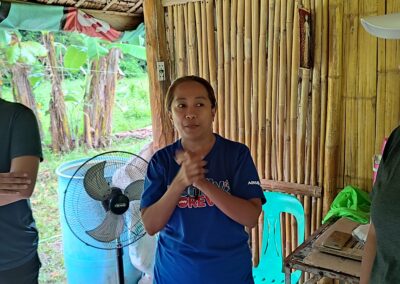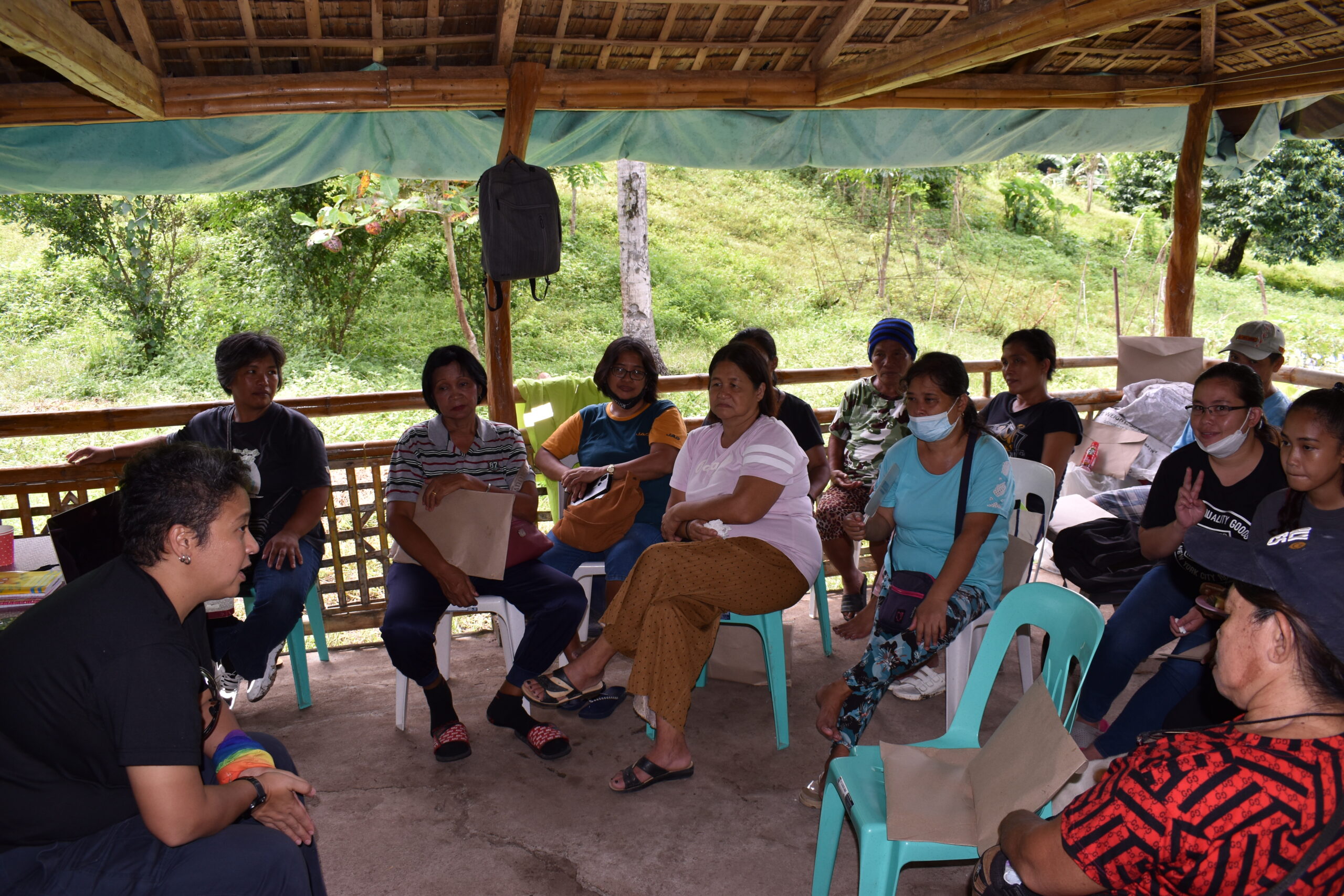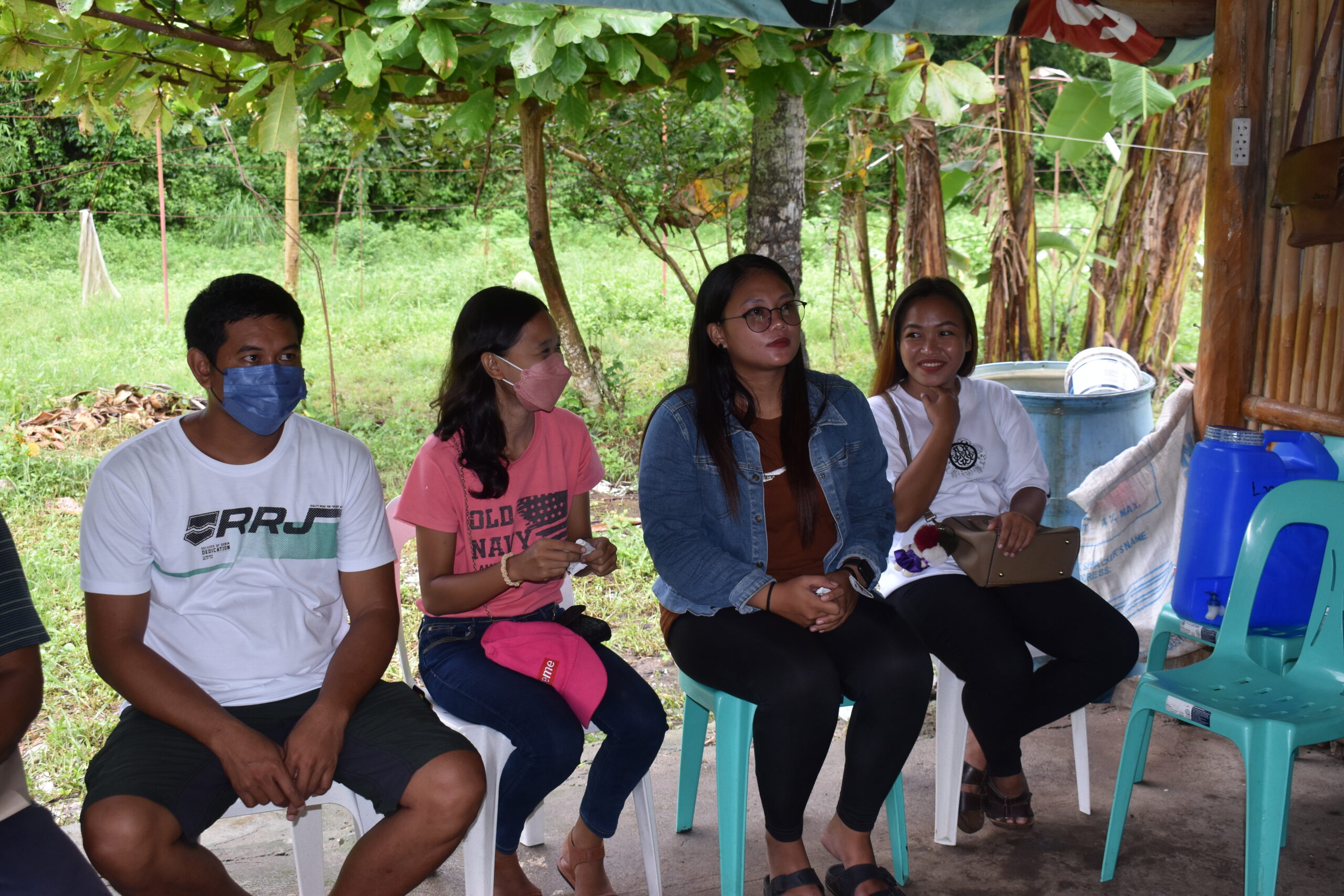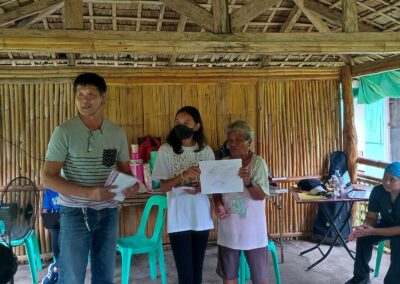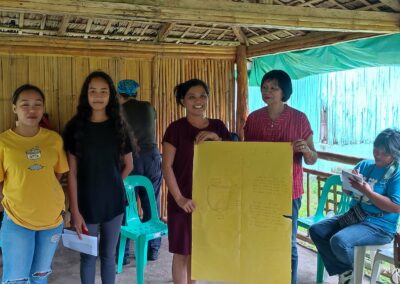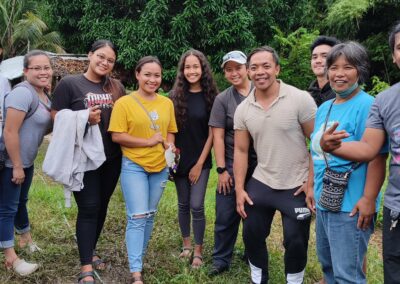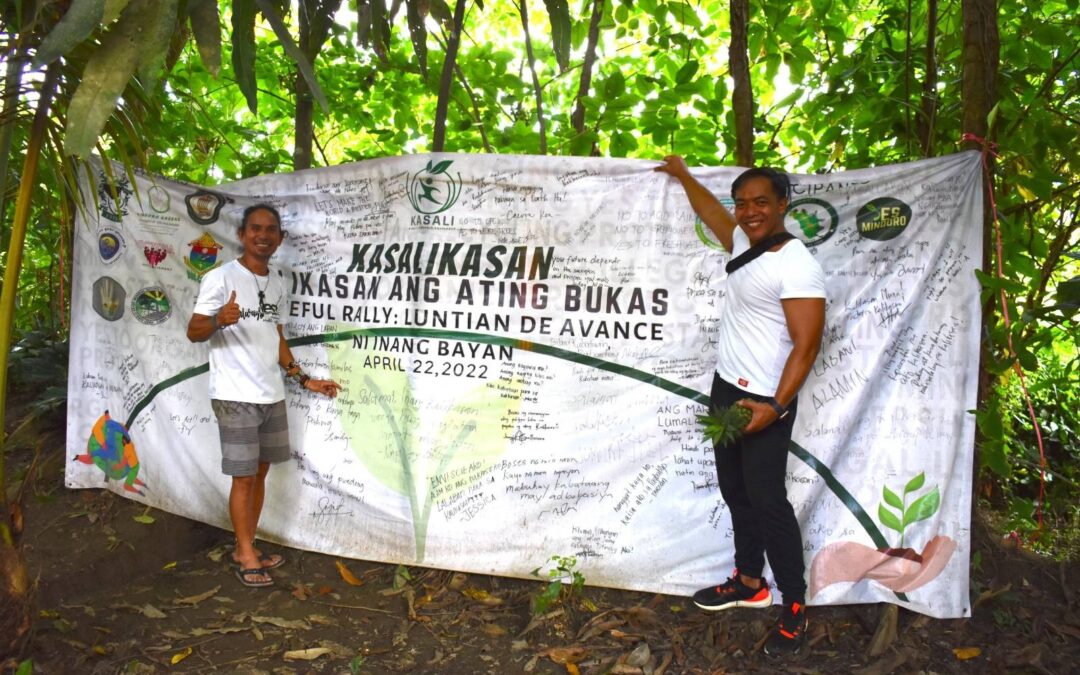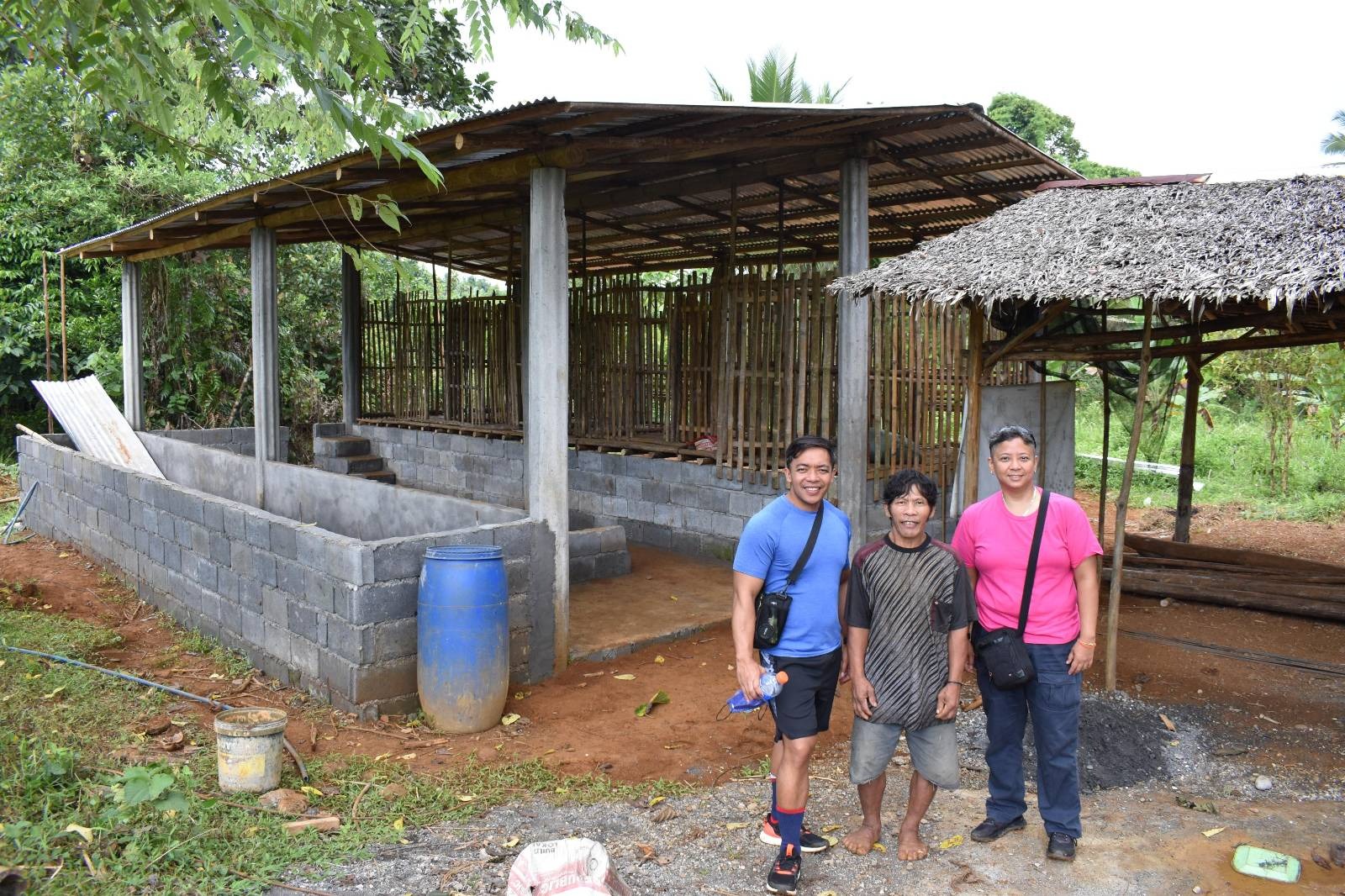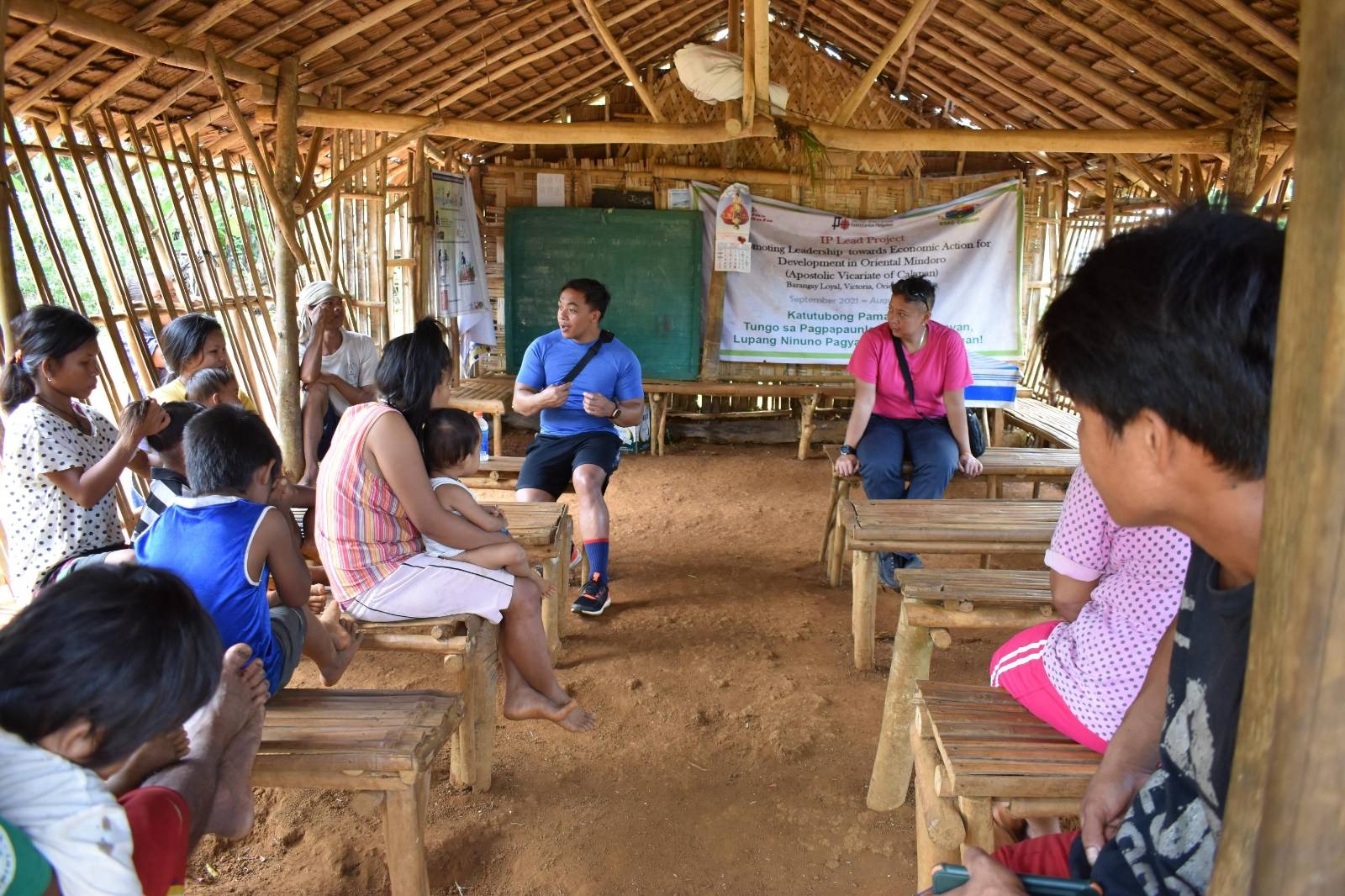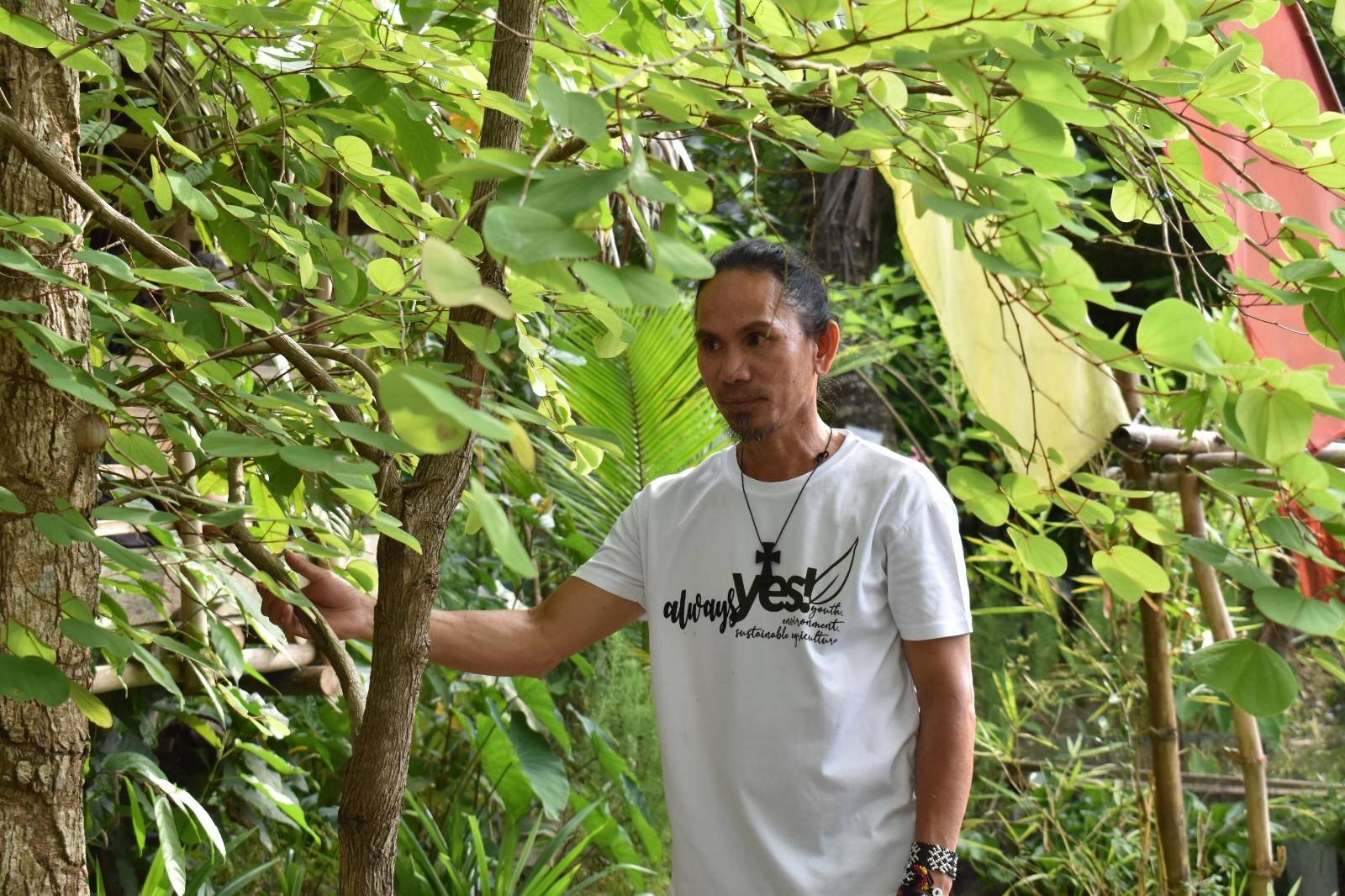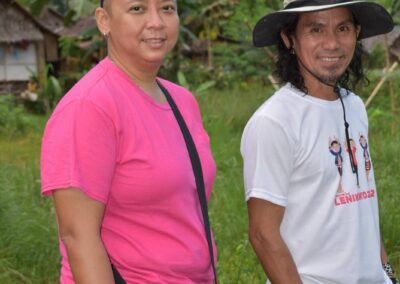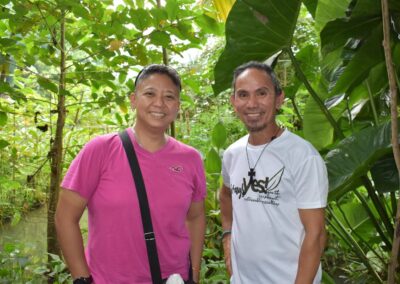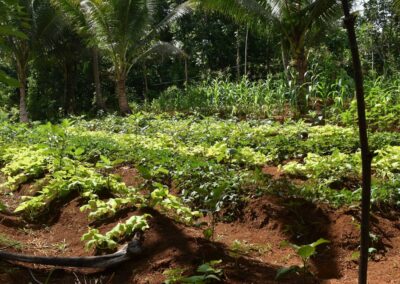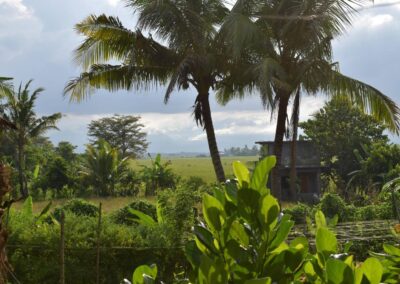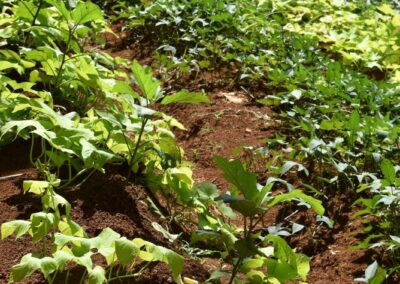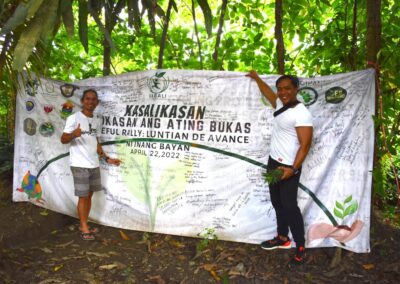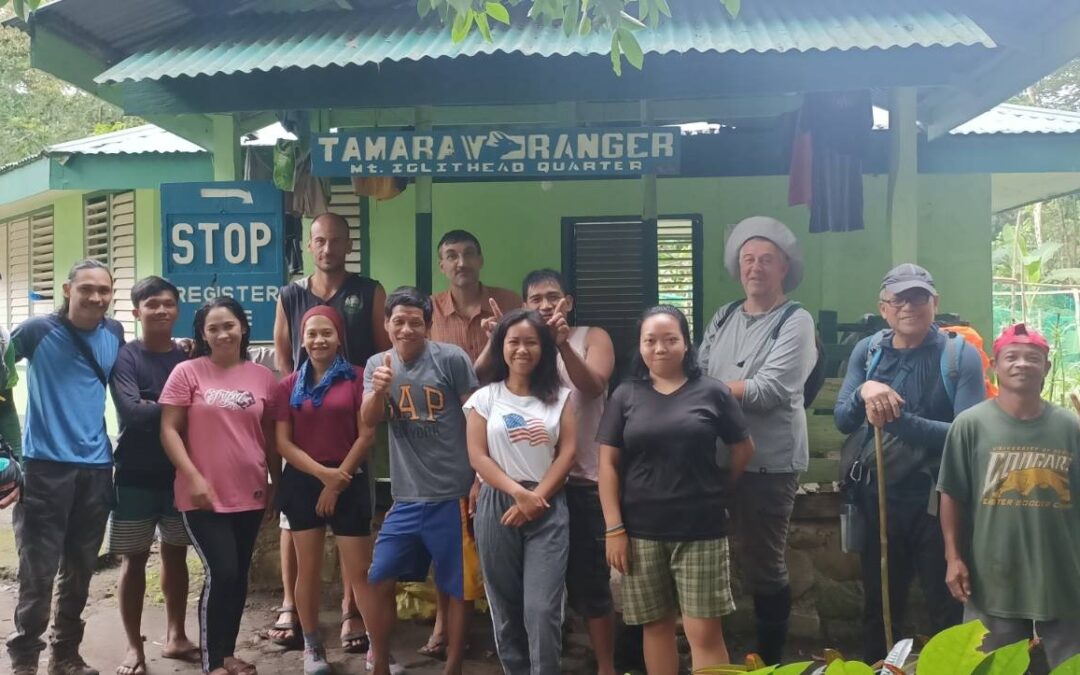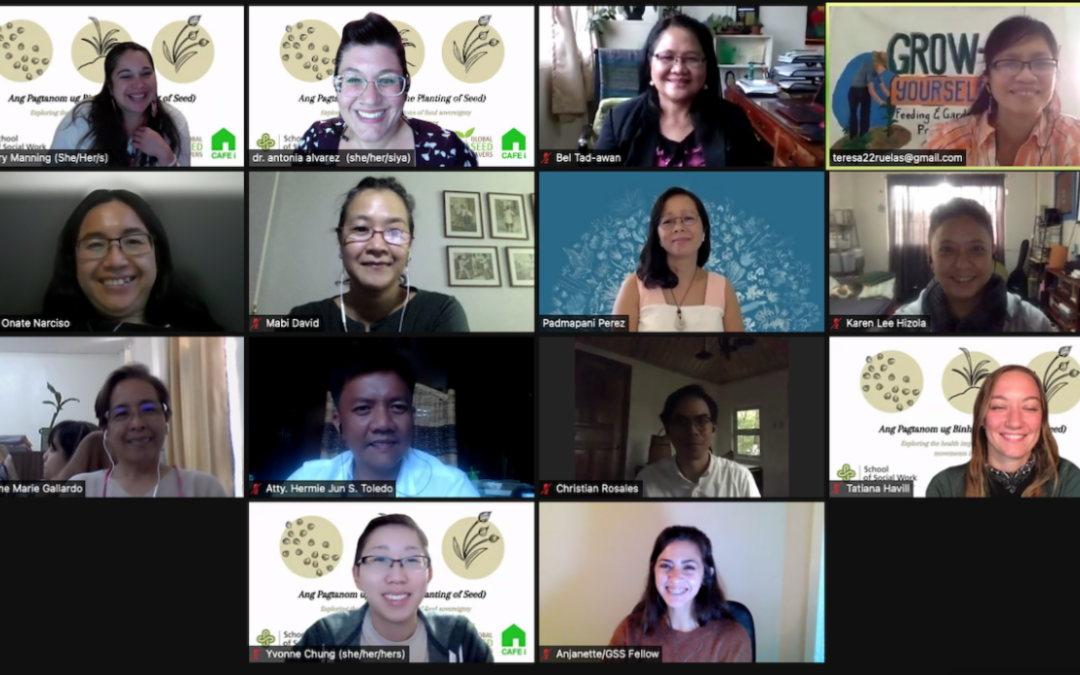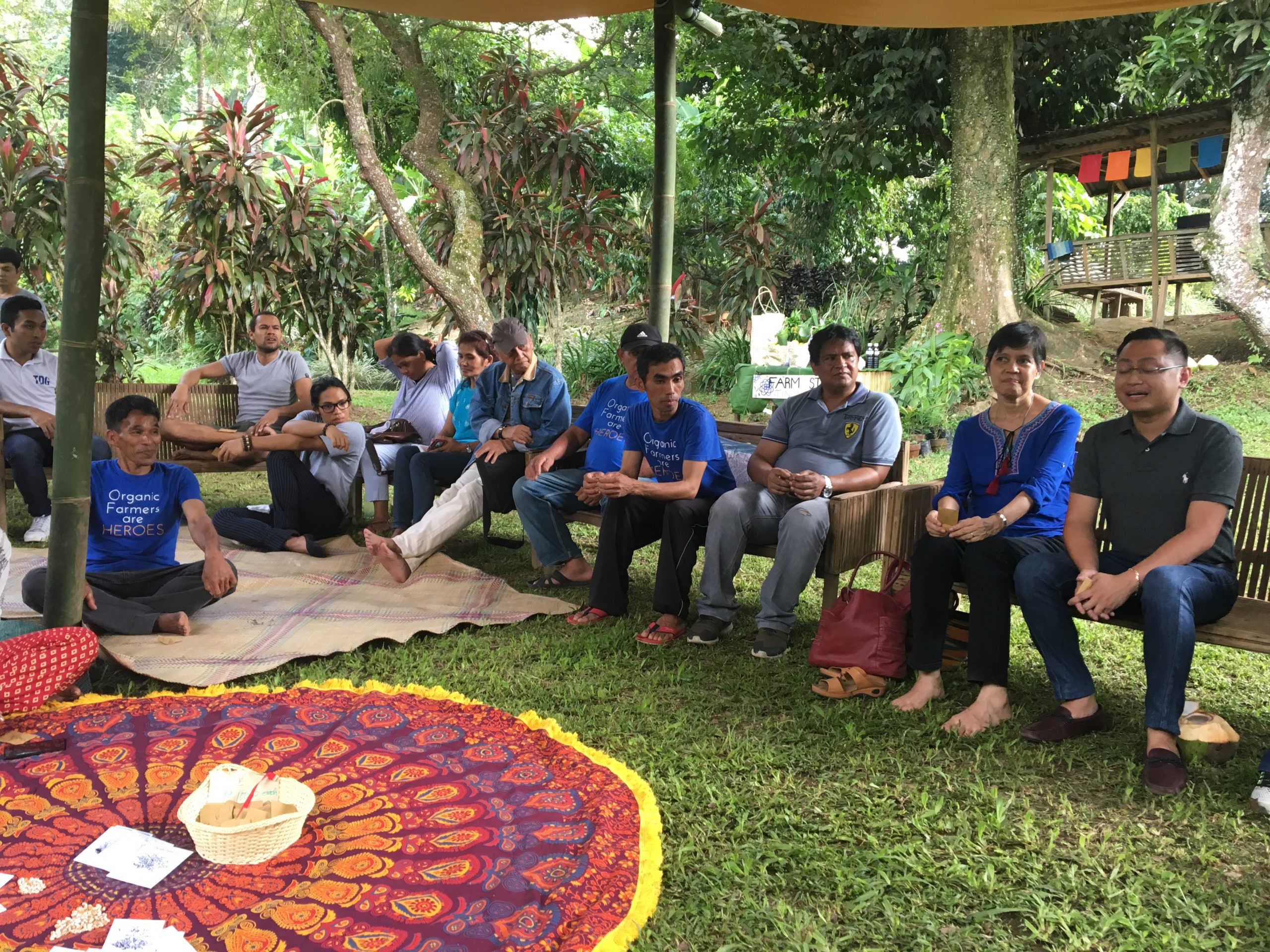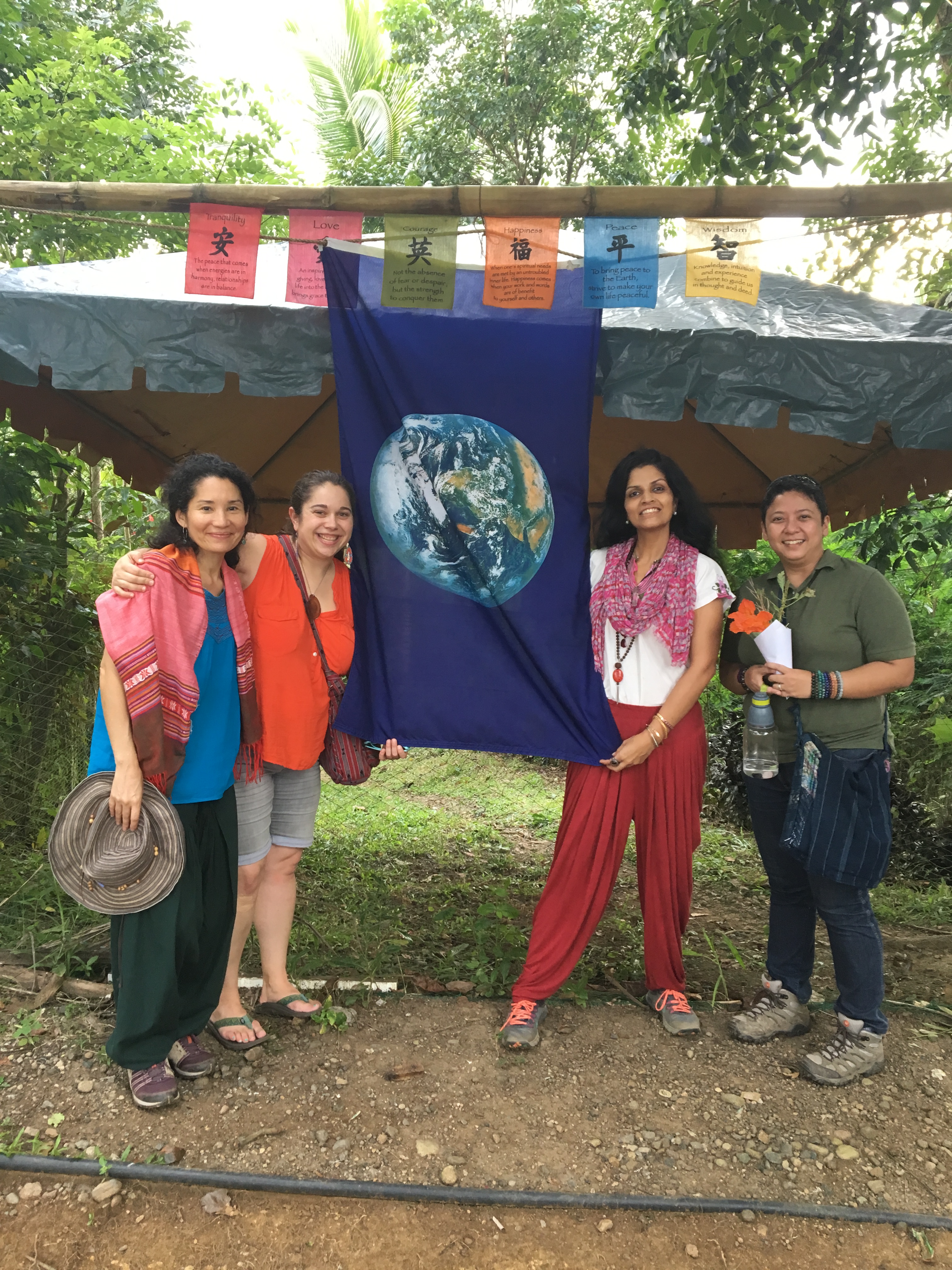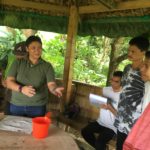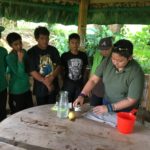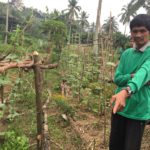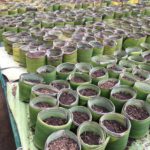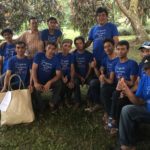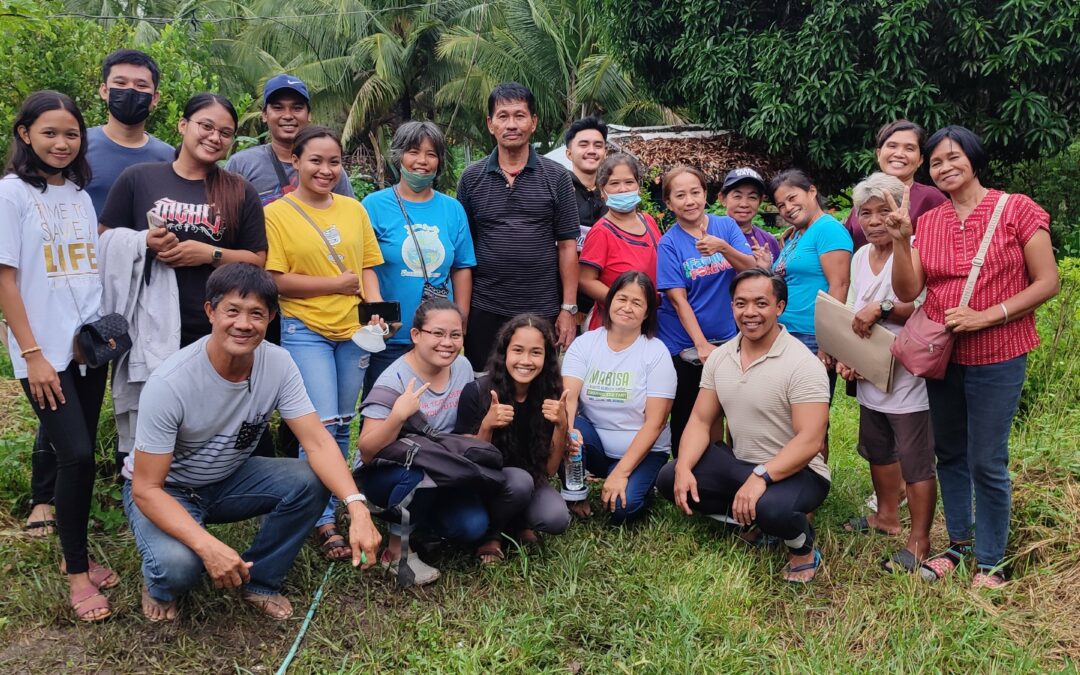
GSS Seed School Teacher Training Goes To Lobo, Batangas, Finds New Partner in MABISA
Last July 20-21, 2022, our team went to Lobo, Batangas to hold a seed school with a group called MABISA. Efren, our Philippines Program Manager, Elizabeth, our Benguet Field Coordinator, and Karen, our Philippines Executive Director facilitated the workshop. The workshop was attended by 20+ participants from the Mabilog na Bundok at Sawang Organic Producers Association (MABISA-OPA), and students and teachers from the Batangas State University.
Here are a few photos taken during the workshop:
Staff of ABS-CBN Foundation introduces GSS.
Staff of the ABS CBN Foundation Maving (center) and Neil (left) giving a brief feedback of first day’s training and telling a brief explanation about our partnership.
Karen Teaching at the Lobo Seed School.
Around 80% of the participants are women. The woman next to Elizabeth is Conception. She had led a protest against the mining exploration years ago which attracted the attention of ABS-CBN foundation’s Bantay Kalikasan unit. From this time on, the foundation had been working with the communities from where Conception and her group belongs— Barangay Mabilog and Sawang (they coined their group name MABISA from this two barangays).
Lobo Seed School Participants
A picture of some participants. These girls are from the Batangas State University and are in their 2nd year in college and are majoring in Agriculture. Almost a third of the total participants come from this college.
Francisco Return Teaching.
Francisco, one of the participants alongside his group member Petronila and a BSU student, is reporting to the whole group what they have learned from the training.
Participants Reporting To The Group.
Here, one of the groups is presenting what they have learned from the two-day training. This training is a hybrid of Teacher’s training and Seed School which is why return teaching is a significant component.
Why partner with MABISA Group?
Our connection with MABISA begins with our partnership with ABS-CBN Foundation. Back when Gina Lopez was still the director of ABS-CBN Foundation, they implemented some eco-tourism, and livelihood programs in Tublay (an example of this is the Tublay Organic Farming Practitioners Association or TOFPA, wherein some farmers from the Benguet Association of Seed Savers were also members). From that time on, we have been consistently communicating with ABS-CBN Foundation, and they have indicated their interest in bringing our signature workshop in Lobo, Batangas.
MABISA is a community-led organization which was initially organized by ABS-CBN Foundation. Its members belong to Barangays Mabilog and Sawang in Lobo. They currently run the MABISA Eco Farm where people come and visit to learn about various ways of doing agriculture and experience the farm life up close.
Why is this partnership important to GSSP?
Our vision as an organization is to create “hunger-free and healthy communities with access to sustainable, farmer-produced seeds and food”. We also hope to establish community seed libraries in as many areas in the Philippines as possible.
Finding new partners who recognize the importance of saving native seeds and growing food in a sustainable way helps us grow our impact in the Philippines. Every new partner we find brings our communities a step closer towards food sovereignty.
Lobo is a good place to start spreading our advocacy in the CALABARZON region. The ABS-CBN Foundation has already done the legwork in organizing and empowering MABISA to become stewards of their land. Through our seed school, we hope to complement and enhance agricultural practices.
